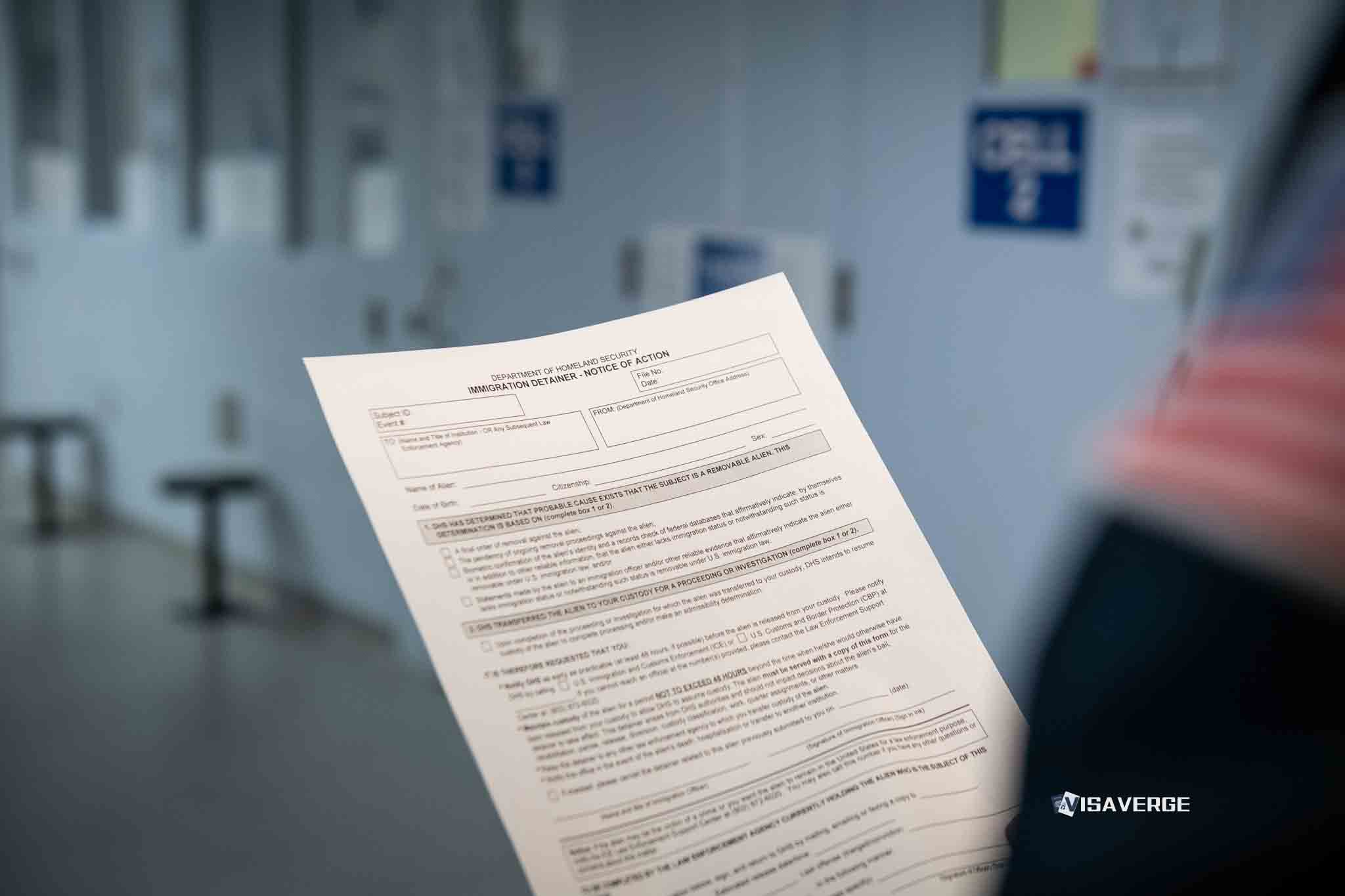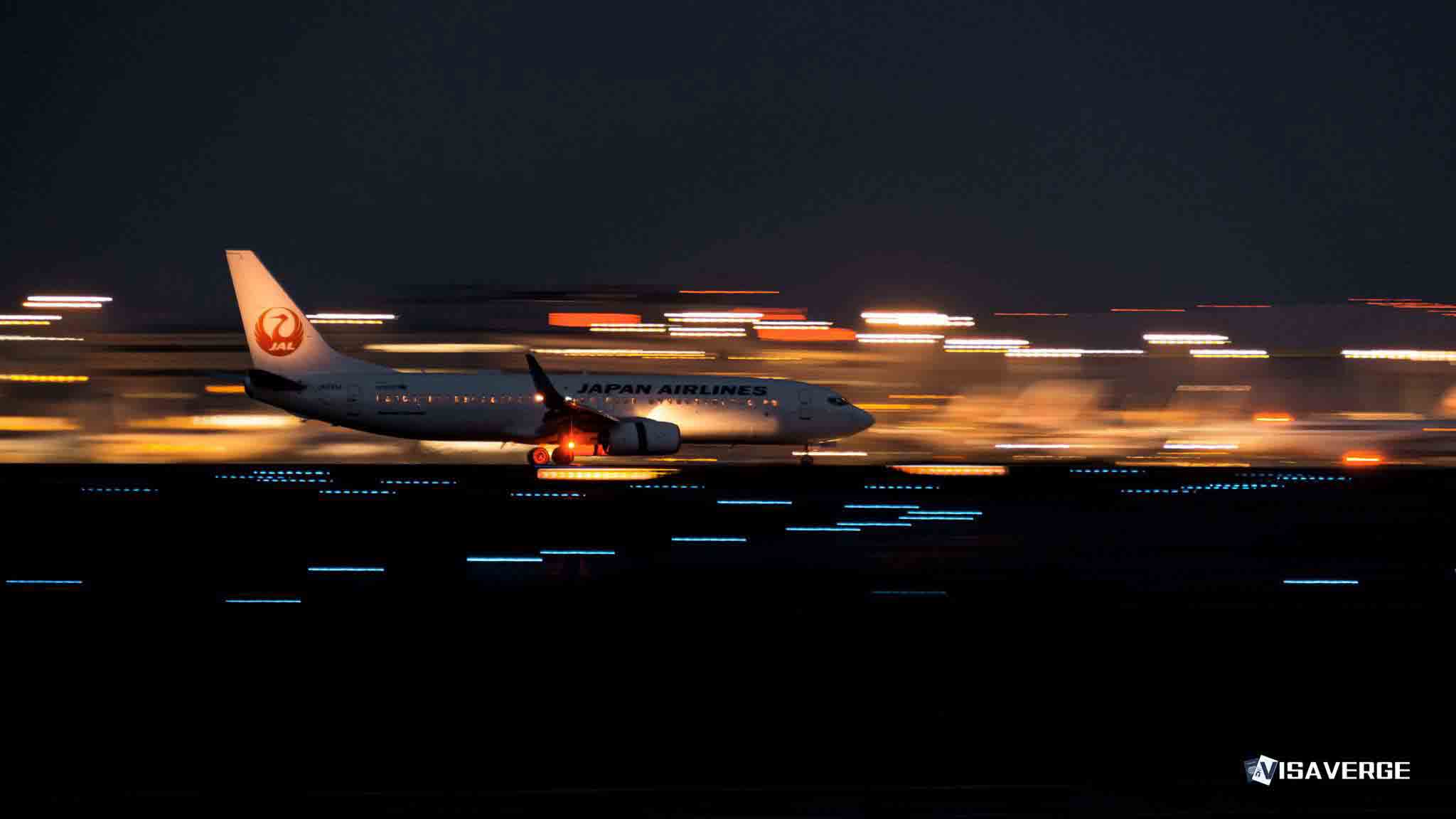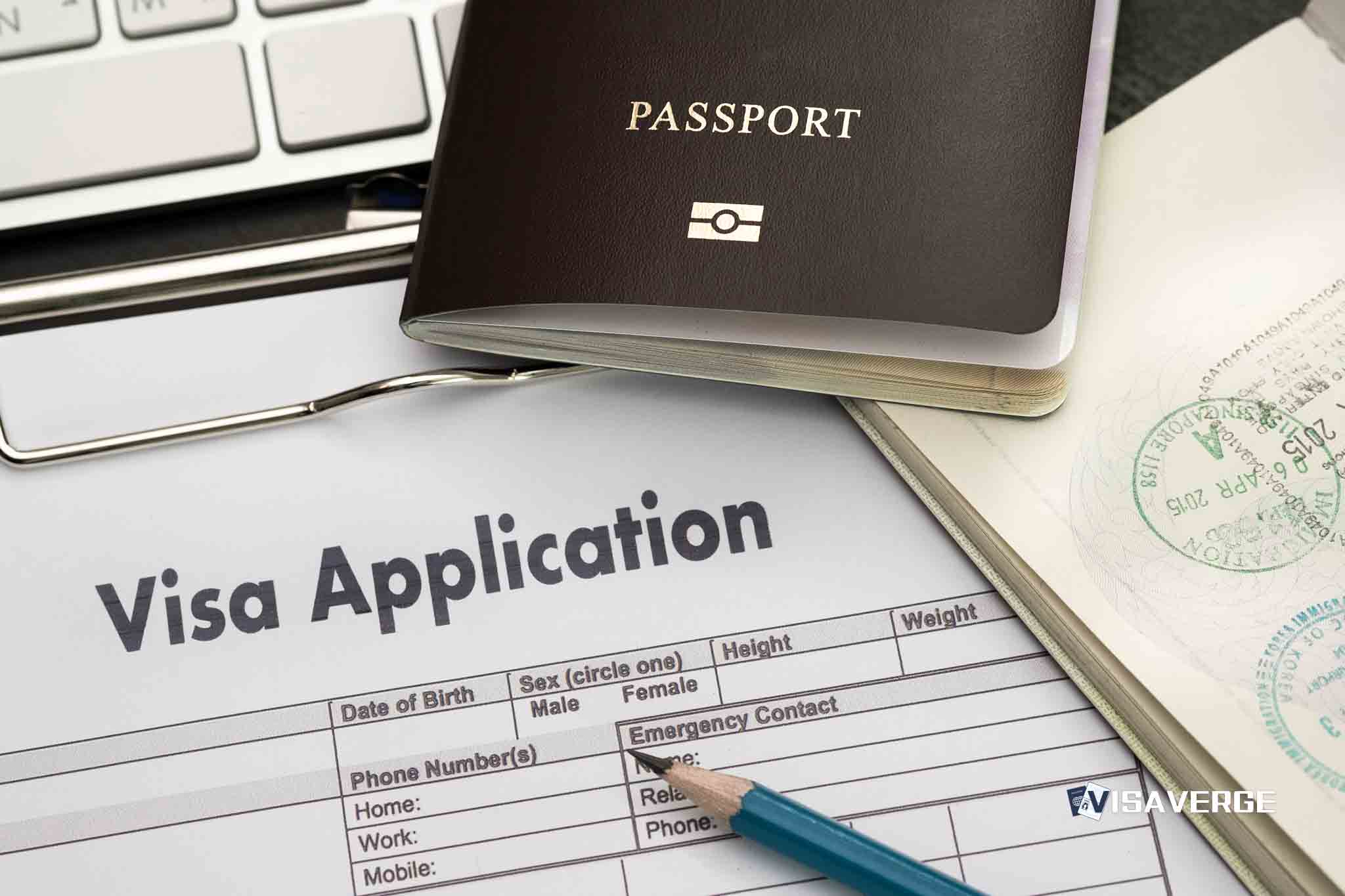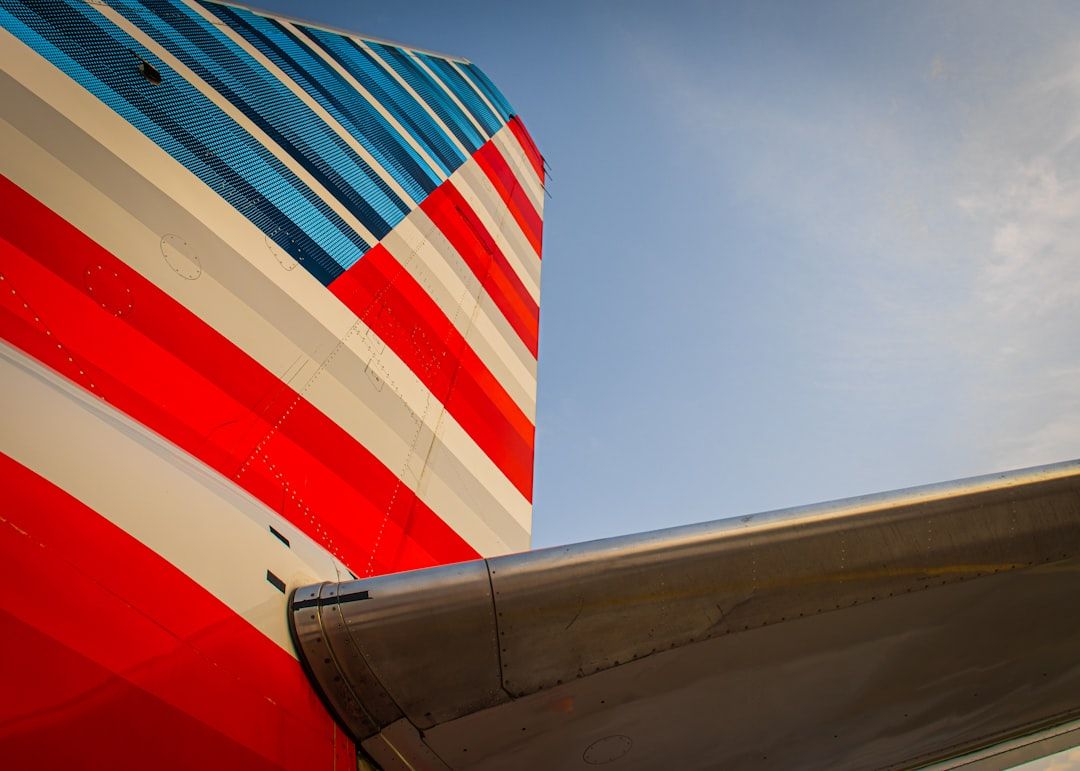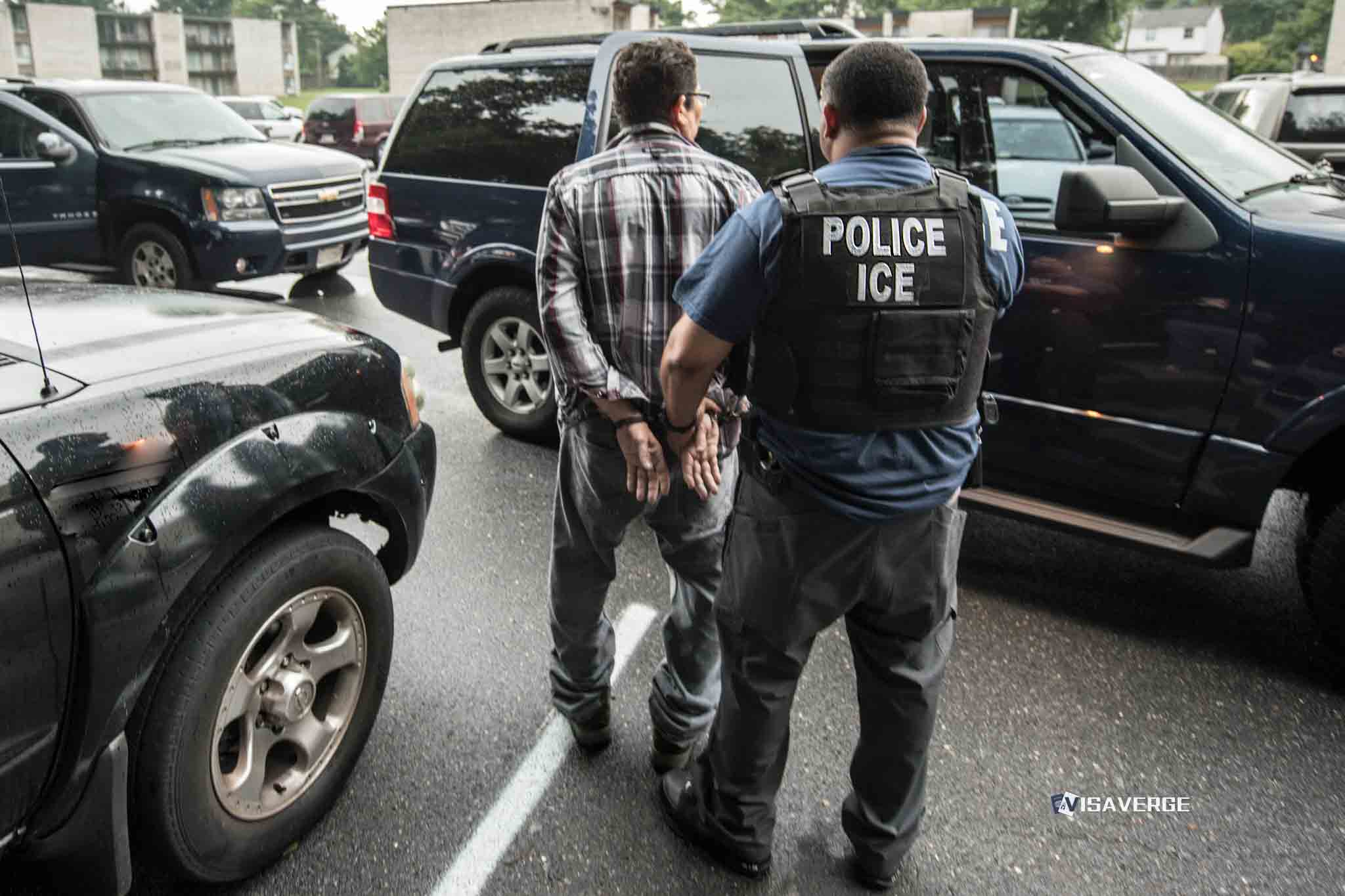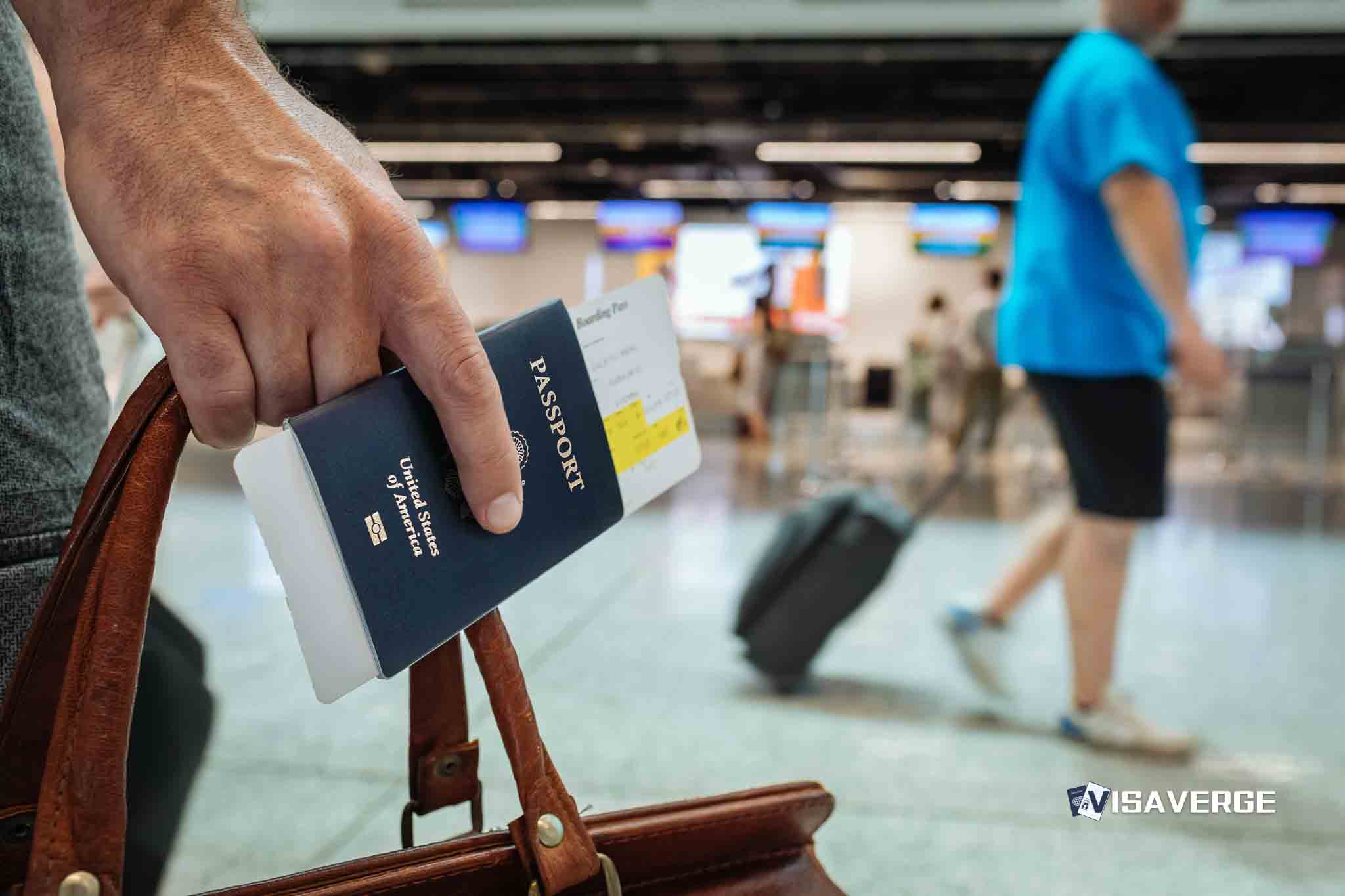Venezuela has given international airlines 48 hours to resume flights or risk losing their flight permits and landing rights, a rapid escalation that puts already fragile air links to the country under new strain. The order, delivered by the Transport Ministry and aviation authorities during a meeting with airline representatives on Monday, November 24, 2025, requires carriers to restart operations by 12:00 noon local time (16:00 GMT) on Wednesday, November 26, 2025, or face bans from Venezuelan airspace.
Officials told the airlines that failure to comply would mean the revocation of their authorization to operate in Venezuelan skies, including the right to overfly the country and to land at its airports. In a country where commercial air links have shrunk sharply over recent years, the threat to cancel flight permits underscores the government’s determination to keep international routes open despite growing security warnings and political tensions.

Why the ultimatum matters
The move comes after several major international carriers suspended services to Venezuela in response to a U.S. Federal Aviation Administration (FAA) security advisory issued on November 21, 2025. The FAA warning described a “potentially hazardous situation” in Venezuelan airspace, pointing to heightened military activity, increased interference with aircraft GPS systems, and what it called a deteriorating security environment.
The FAA advisory urged airlines to use caution at all altitudes — not only during overflights but also for arrivals, departures, and while aircraft are on the ground.
The FAA notice does not legally require non‑U.S. carriers to halt flights, but such advisories carry significant weight across the global aviation industry.
According to analysis by VisaVerge.com, these advisories often prompt airlines to reassess risk exposure, review insurance coverage, and sometimes suspend operations even when local authorities insist routes remain safe. That pattern appears to be repeating in the case of Venezuela.
Airlines affected — paused and operating
- Airlines that have paused flights include:
- Iberia
- TAP Air Portugal
- LATAM Airlines
- Avianca
- GOL Linhas Aéreas
- Caribbean Airlines
- Airlines that are still operating flights to Venezuela:
- Copa Airlines
- Air Europa
- PlusUltra
- Turkish Airlines
- Venezuelan carriers Conviasa and LASER
These suspensions sharply reduce options for travelers — including migrants, students, business travelers, and families — who depend on international routes to connect with relatives abroad. For many, every suspended route can mean longer journeys, higher ticket prices, or the need to transit through third countries.
Quick comparison
| Status | Examples |
|---|---|
| Paused flights | Iberia, TAP Air Portugal, LATAM, Avianca, GOL, Caribbean Airlines |
| Continuing flights | Copa, Air Europa, PlusUltra, Turkish, Conviasa, LASER |
The split highlights differing corporate responses: some airlines prioritize continuing service under the present conditions, while others place greater weight on the FAA warning and internal risk assessments. Airlines that remain may gain commercially from reduced competition but will still face the security concerns cited by the FAA.
Industry reaction and wider implications
The International Air Transport Association (IATA) warned that Venezuela’s ultimatum could have the opposite effect of what the government intends. Rather than preserving links, threatening to revoke landing rights and flight permits may push more airlines to stay away — especially when safety departments and insurers are already concerned about FAA‑flagged risks.
Potential consequences include:
- Longer, more expensive routes when overflights are reduced.
- Increased insurance and operational costs for carriers choosing to fly.
- Prolonged loss of market access if permits are revoked — restoration can take months or years.
- Disruption to passengers with booked tickets, creating uncertainty and stress.
Political and security backdrop
Behind the technical language about airspace and GPS interference lies a tense political backdrop. The situation unfolds amid rising friction between the United States 🇺🇸 and Venezuela, including a recent U.S. military buildup in the Caribbean and the U.S. designation of President Nicolás Maduro and his allies as members of a foreign terrorist organization.
Venezuelan officials argue that the military presence near their territory is not focused on anti‑drug operations — as Washington often claims — but is part of a broader strategy they describe as regime change. Caracas is now trying to project confidence about the safety of its skies, insisting that airports and airspace are secure and that foreign carriers have no valid reason to halt flights.
By tying future access to Venezuelan routes directly to compliance with its order, the authorities are signaling a willingness to use control over landing rights and overflight permissions as tools in a wider political and economic struggle.
Safety, operational, and legal risks for airlines
For airlines, the decision to resume flights within the short deadline involves multiple considerations beyond politics:
- Operational risk: The FAA advisory cites increased interference with aircraft GPS systems. Satellite‑based navigation is central to modern aviation; perceived or real GPS disruptions can force reroutes, procedural changes, or suspension of flights.
- Insurance and liability: Insurers and legal teams may recommend suspension until risks are better understood.
- Commercial impact: Losing landing rights can damage a carrier’s presence in Venezuela for months or years, affecting sales offices, maintenance agreements, and market share.
- Passenger uncertainty: Travelers holding tickets on suspended routes face stress and potential financial loss if services do not resume.
For more on the FAA’s general guidance and advisories, see the FAA traveler information page at FAA Travelers.
Human consequences
Migration patterns heighten the stakes. Millions of Venezuelans have left the country in recent years, and many rely on commercial flights to:
- Visit family
- Handle legal matters
- Renew visas and residency permits
When airlines cut routes, affected individuals can face missed immigration appointments, job losses, or prolonged family separations. Although the government order targets airlines, its ripple effects will touch ordinary people far removed from negotiations.
Countdown and possible next steps
For now, the clock set by Caracas is ticking toward the November 26, 2025 deadline. Airlines have a narrow window to coordinate crews, aircraft, insurance, and security assessments if they choose to return.
Possible actions carriers may take include:
- Requesting clarifications or safety guarantees from Venezuelan authorities.
- Conducting additional technical or security inspections.
- Temporarily negotiating limited flight schedules or modified routes.
- Standing firm with suspensions until further assurances or changes in the security landscape.
The threat is clear: resume service quickly, or lose access to Venezuelan airspace altogether. As the deadline approaches, the standoff between Venezuela’s government, concerned regulators, and cautious airlines is turning the country’s skies into the latest front in a broader contest over security, sovereignty, and control of international travel.
Warnings and deadlines:
– Deadline: 12:00 noon local time (16:00 GMT), Wednesday, November 26, 2025 — failure to resume flights by this time may result in revocation of flight permits and landing rights.
– Key safety concern: Increased interference with aircraft GPS systems and heightened military activity in the region.
Keep an eye on official announcements from carriers, IATA, Venezuela’s Transport Ministry, and aviation regulators for developments as the deadline approaches.
Venezuela ordered airlines to resume flights within 48 hours or face revocation of flight permits and landing rights, after an FAA advisory cited GPS interference and heightened military activity. Several major carriers paused services while others kept flying. IATA warned the ultimatum could backfire, potentially pushing more airlines to stay away. Airlines must balance safety, insurance, and operational risks before the November 26 deadline, with significant consequences for passengers and market access.





